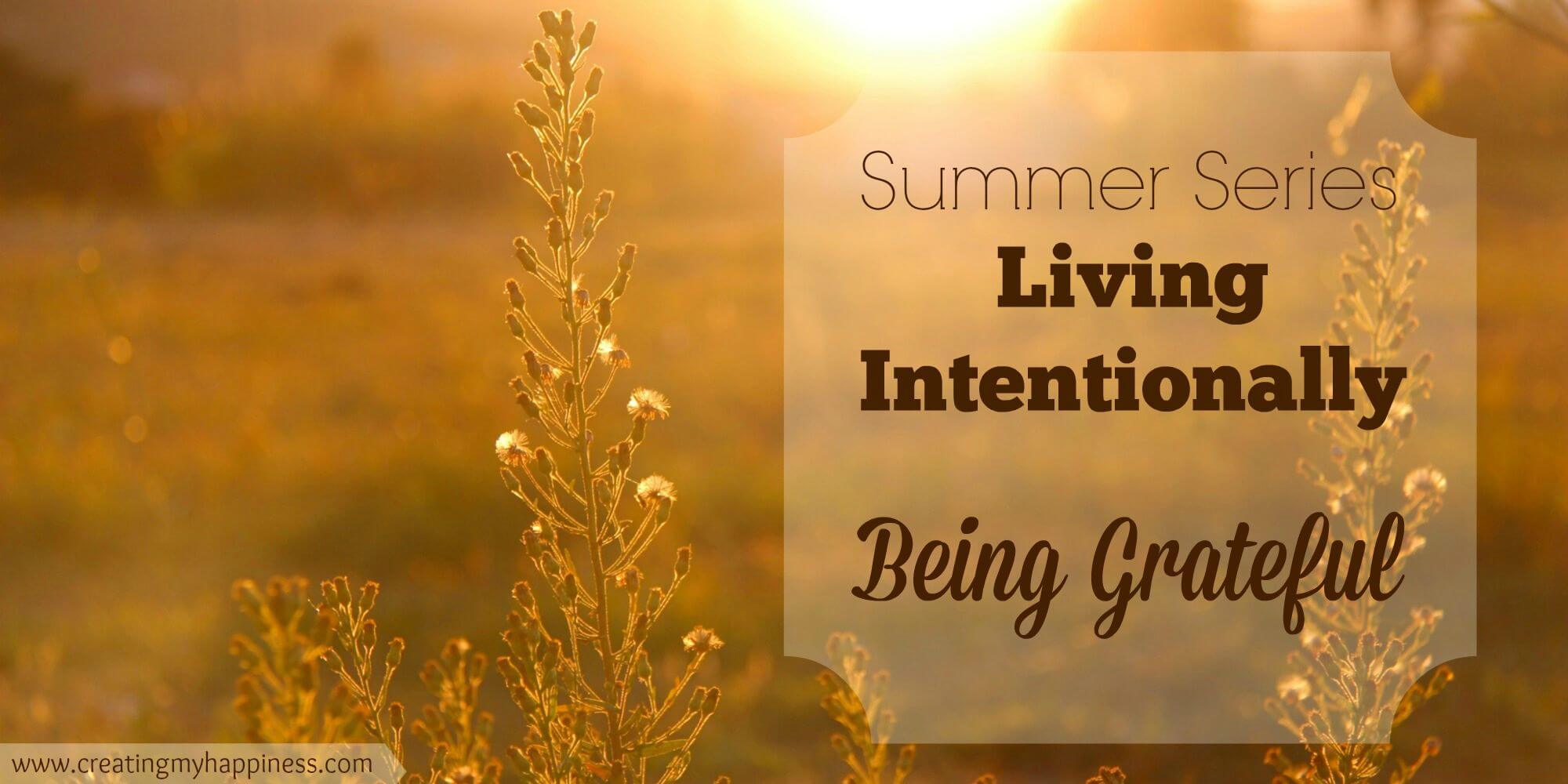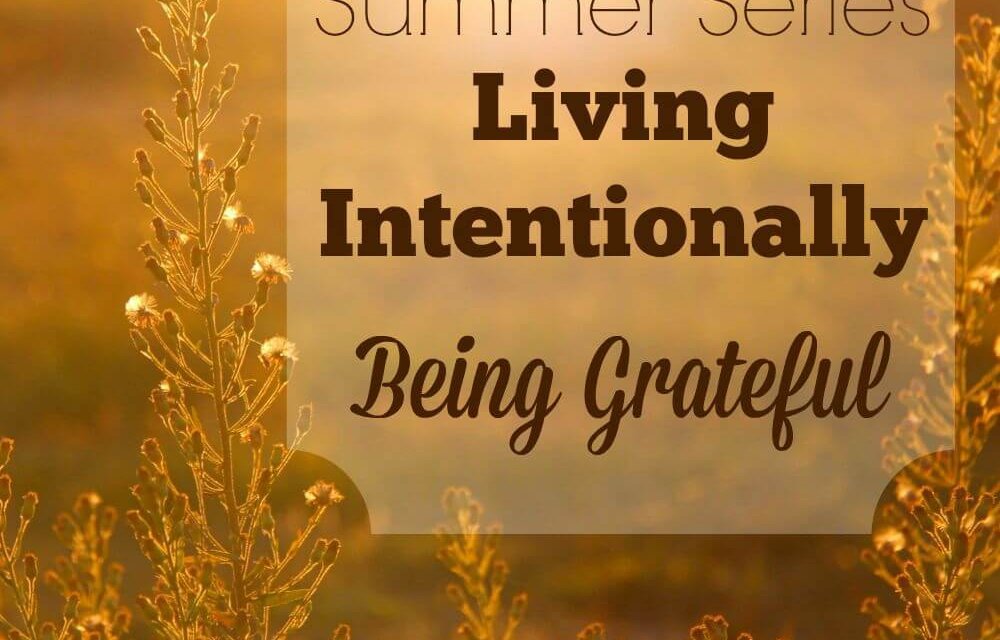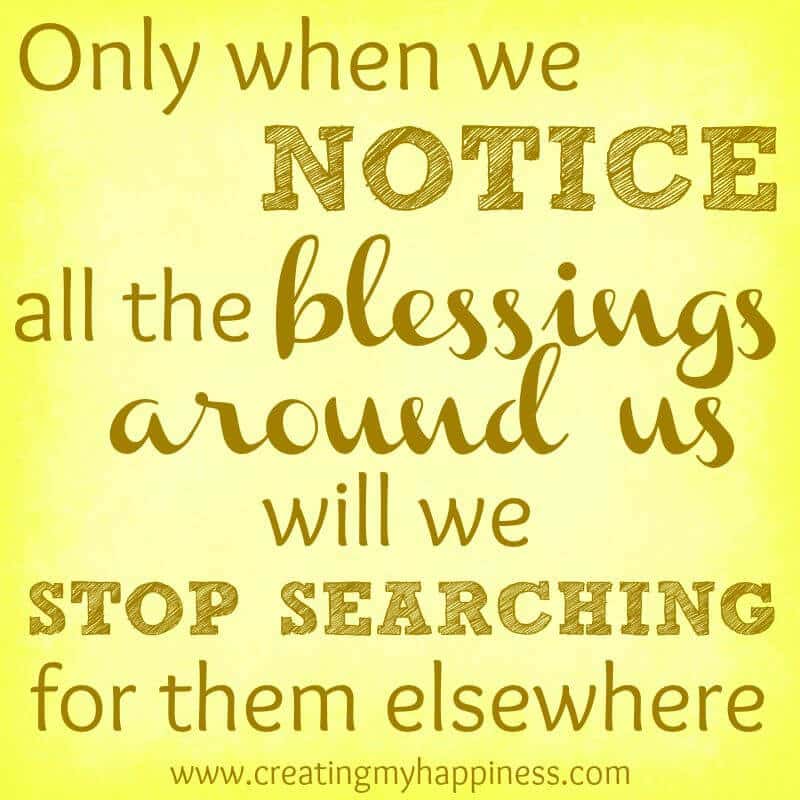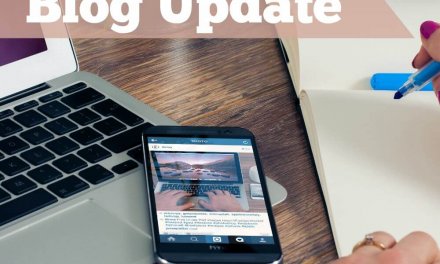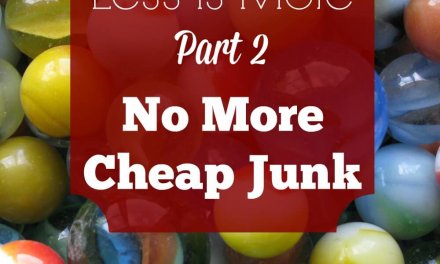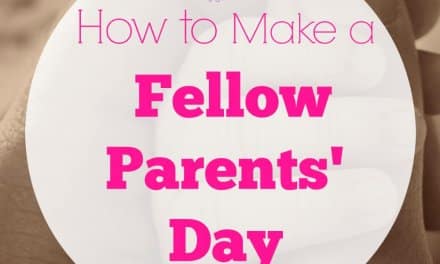A grateful heart is a beginning of greatness. It is an expression of humility. It is a foundation for the development of such virtues as prayer, faith, courage, contentment, happiness, love, and well-being. – James E. Faust
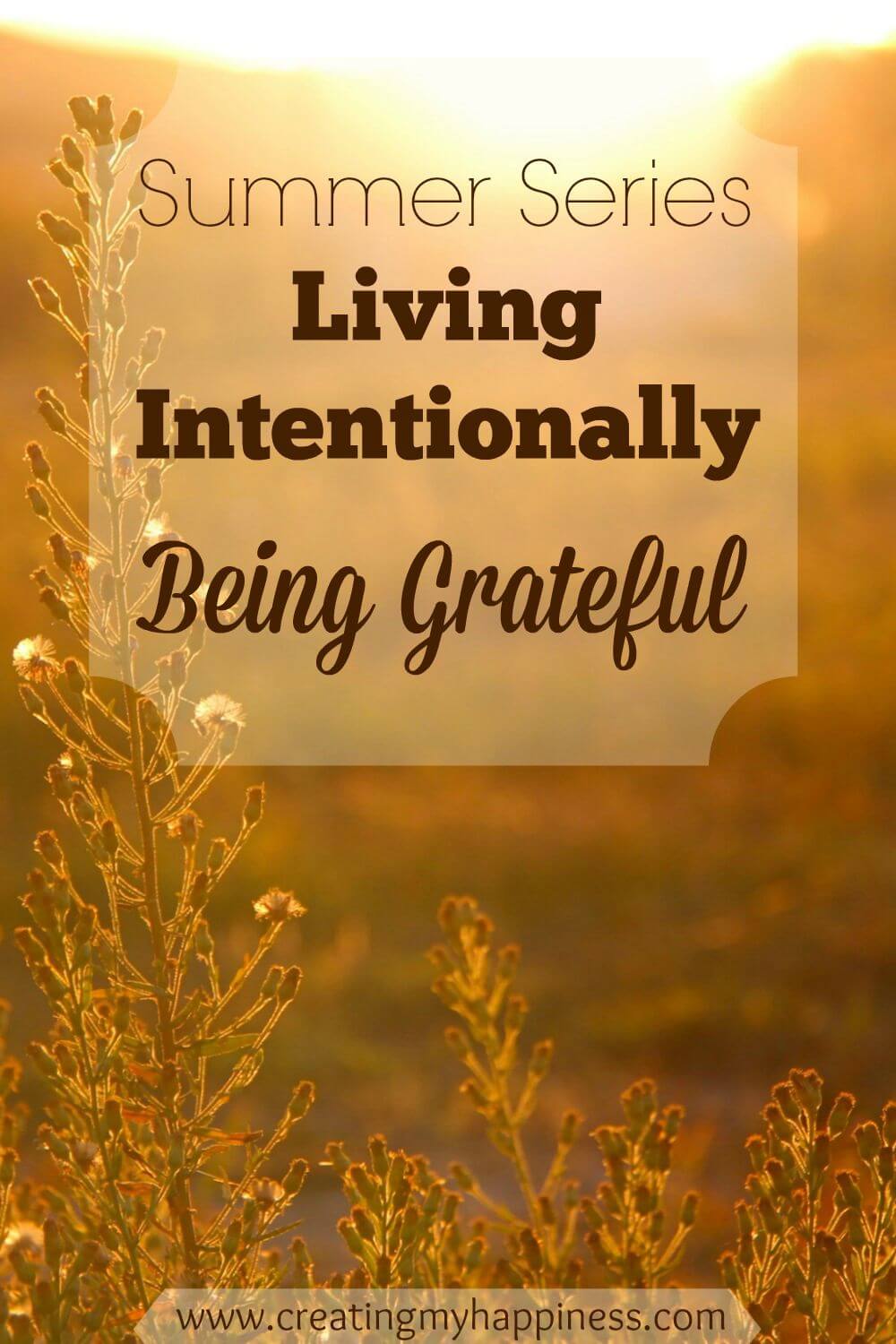
As we come to the end of our summer of living intentionally, we must take a moment to be grateful for all that we have.
In my humble opinion, being grateful is the key to an intentional life. Only when we notice all the blessings around us will we stop searching for them elsewhere.
Being grateful can be difficult these days. We’re constantly being told that what we have isn’t enough. Our car, our home, our phone, our clothes. It’s never enough. But maybe if I stand in line for hours to get a new phone my life will be better. Maybe if I trade in my perfectly good used car for a shiny new one that doesn’t have goldfish squished into the backseat, I’ll like driving to work.
Keeping up with the Jones’ is everywhere, and it isn’t easy to ignore. You have to make a conscious decision every day to be content with what you have.
Is it easy? No. Is it worth it? Absolutely. Not only will your bank account thank you, being grateful for what you have will give you a more positive outlook on your whole life.
So how do you do it? Well, I’m still working on that myself. But here are a few things I’ve done or heard about that can help you get started.
Write it down. Make a list of everything you have that you are grateful for. Feel free to add “stuff”, but be sure to include people, experiences, feelings, community, and even your own personal traits (like being intentional). Reread it and add to it regularly, especially when you’re feeling sorry for yourself.
Create a routine. A friend of mine has a family tradition of saying what they’re grateful for at dinner each night. It’s amazing how this simple daily habit encourages everyone to focus on the positive throughout their day.
Help someone else. There is nothing like helping those less fortunate to make you see exactly how blessed you are. Last week we talked a bit about giving back, so that’s a good place to start.
Disconnect. This might be a bit extreme for most people, but there is now a clinical diagnosis for people who are depressed by what they see on Facebook. Between ads for things you don’t own (and likely don’t need), and people posting a shiny, happy people version of their lives, it’s no wonder social media is leading to depression. Even if for only a short time, unplug your cable and wifi and just enjoy the world around you.
Before I close, I just want to say how grateful I am that you’ve chosen to go on this journey with me. I’ve thoroughly enjoyed writing each of these posts. But more than that, I’ve enjoyed living these posts. While the last 3 months has flown by, I feel as though I’ve gotten much more out of them than a traditional, unintentional summer.
Your last assignment: Live intentionally. It’s time to take all these lessons we’ve learned together and apply them to our every day lives.
